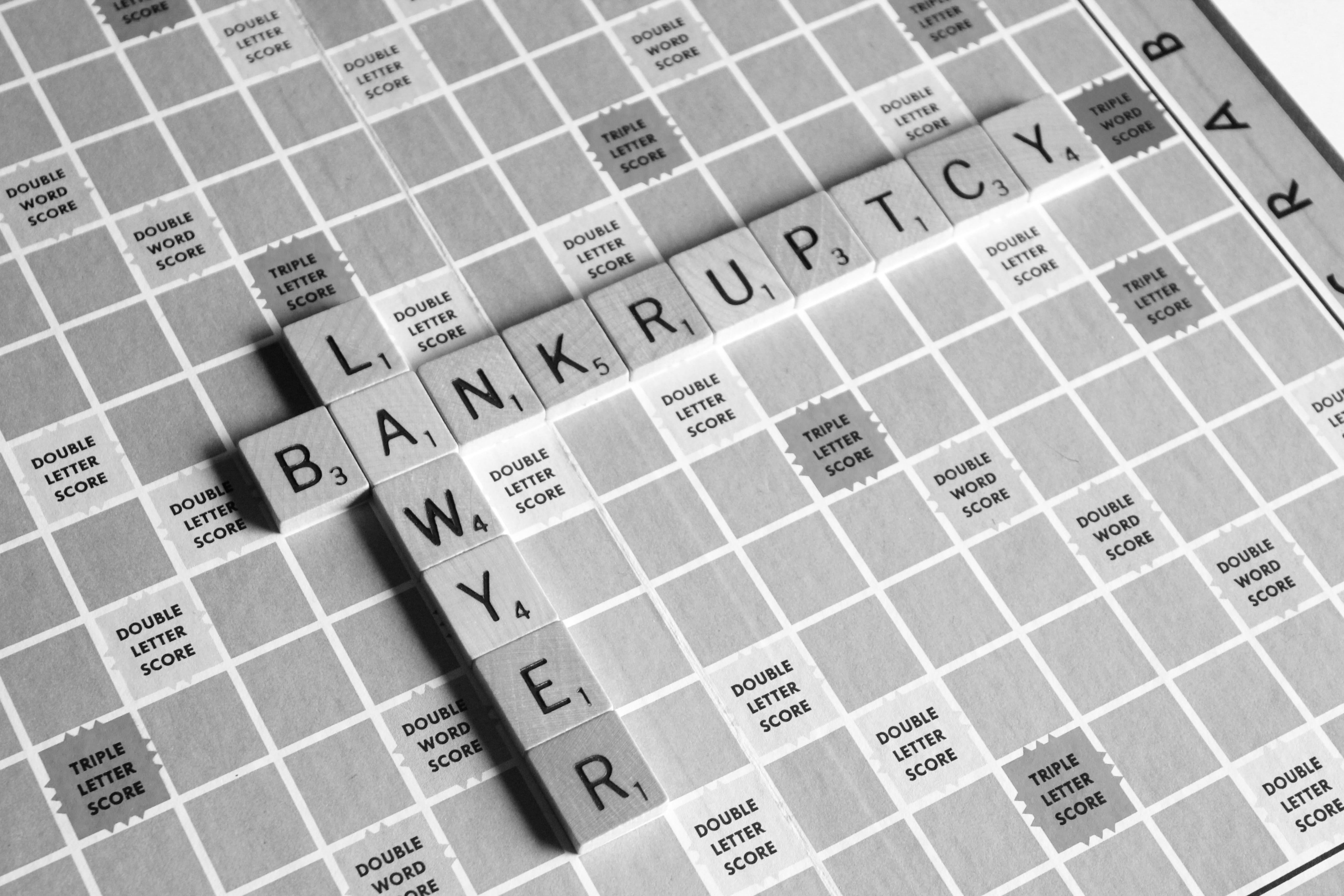Being armed with this basic knowledge and guidelines related to bankruptcy and hiring a bankruptcy attorney should assist you in the successful filing and conclusion of your case and get you on the road to financial stability.
If a time comes when you are in a deep personal financial crisis, some decisions can be extremely stressful. Making the correct choices during tough times can have a big effect on the rest of your life. Having the right bankruptcy attorney can make this difficult time a lot easier for you.
Finding the right attorney is more than just a matter of good luck or fate. There are steps you can take to ensure that you hire the bankruptcy attorney that will be the best for your case and the most comfortable for you to work with.
Bankruptcy defined
Different types of bankruptcies can be filed, and a competent bankruptcy attorney will be well versed in the laws and rules that govern each of the different bankruptcy chapters.
Before hiring an attorney, you should have at least a basic knowledge related to the different avenues available to you.
Chapter 7 bankruptcy
Chapter 7 bankruptcy is the most common type of bankruptcy filed by individuals and is also known as a straight bankruptcy or liquidation.
In a chapter 7 filing, the bankruptcy court will appoint a trustee to oversee the liquidation of your assets and pay off creditors to the extent possible from the funds derived from the liquidation.
Depending upon the state you live in, there are some types of property that the court may not force you to sell such as necessities including your house, car, and retirement accounts, but be advised that nothing is cast in stone, and to keep these assets you will have to reaffirm the debt related to these assets by recommitting to the loan agreements and continue making the scheduled payments.
Many chapter 7 filings are cases with no assets valuable enough to sell. Filing for chapter 7 is only available if the court makes a decision that you do not make enough money to pay back your debt. A chapter 7 filing stays on your credit report for 10 years.
Chapter 13 bankruptcy
Chapter 13 bankruptcy differs from chapter 7 in that while chapter 7 forgives your debt, chapter 13 reorganizes your debt. In a chapter 13 filing, the court has the authority to approve a monthly payment plan that will provide for the repayment of a specified portion of your unsecured debt and the full amount of any secured debt over a 3-to-5-year period. A chapter 13 bankruptcy will stay on your credit report for seven years.
Chapter 11 bankruptcy

Chapter 11 Bankruptcy is used to reorganize a business or corporation. The business proposes a plan to continue operations while paying off debt that the court and creditors approve.
Other bankruptcies will not apply to most cases such as chapter 12, which is a court-approved repayment plan that allows farmers to avoid having to sell all their property and stop foreclosure of their property.
Chapter 15 bankruptcy applies to international issues and gives foreign debtors access to the US bankruptcy courts. Chapter 9 bankruptcy is a repayment plan for towns, cities, school districts, and other municipal units to reorganize and pay back debts.
Important attributes of the attorney
Now that you have at least a basic knowledge of the bankruptcy system you can proceed with finding the right attorney for you. There are some basic attributes you should consider in hiring a bankruptcy attorney.
Bankruptcy experience
The first attribute that should be considered is bankruptcy experience. Even though any licensed attorney can represent you in a bankruptcy filing, your best choice is to find an attorney that has extensive experience in bankruptcy.
You should ask the attorney how many bankruptcy cases they have been involved in and how much of their practice is related to bankruptcy. The attorney should be able to assess and assist you in bankruptcy filing suited to your situation.
Fees for services
Fees for services are another important issue to be considered in the choice of a bankruptcy attorney. Choosing a bankruptcy attorney that understands your situation and will charge you a reasonable fee and allow some flexibility in paying those fees is vitally important.
Your initial consultation with the attorney should be free. You will want to discuss with the attorney the services that are covered by the fees charged and be comfortable that the attorney will provide quality service without cutting corners that can cause you problems later.
Individual care
You will also want to make sure that the attorney you choose will take the time to understand your case and your needs. You do not want to choose one of those firms that are a “bankruptcy assembly line” that cranks out cases without fully considering each case’s special needs or fully reviewing the case.
Local knowledge
Because each district court has special local rules and procedures, you will want to hire an attorney that has practiced in the court in which you will be filing. Having an attorney that is knowledgeable in the local rules and knows the local court personnel can make your case go more smoothly and expeditiously.
Personal comfort
You will want to have a level of comfort with the attorney that will handle your case. An attorney that you feel you can talk to easily and frankly is of the utmost importance. You will also want to be comfortable that the attorney will be responsive to your questions and will return your phone calls within a reasonable time.
Being armed with this basic knowledge and guidelines related to bankruptcy and hiring a bankruptcy attorney should assist you in the successful filing and conclusion of your case and get you on the road to financial stability.


Join the conversation!